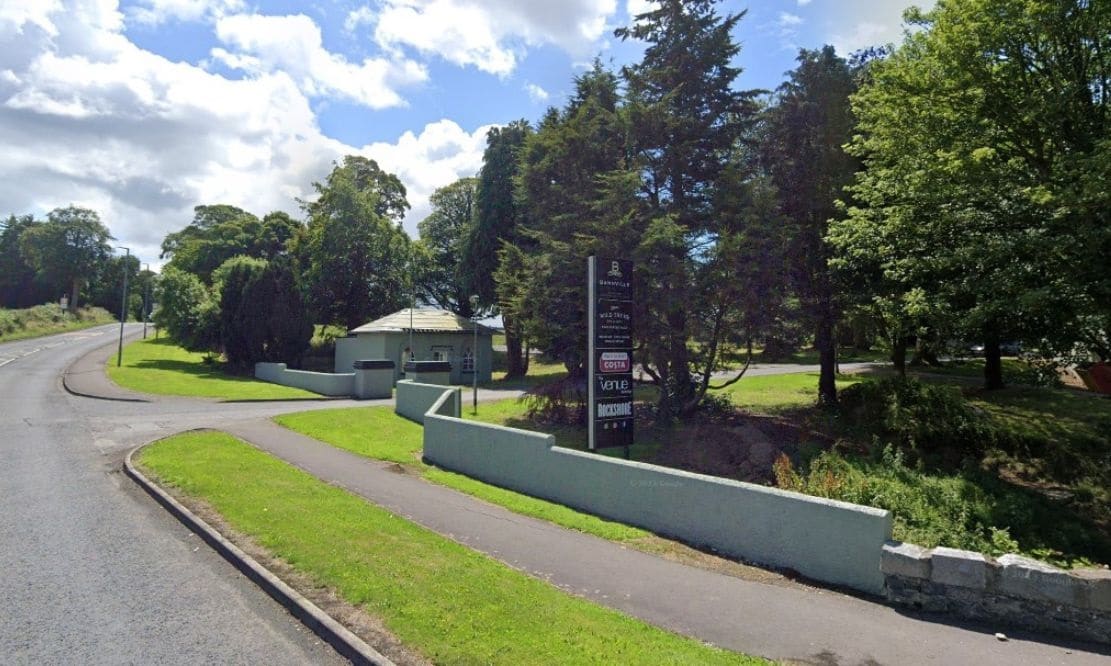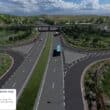
The Bannville Hotel have been refused planning permission for the retention of four ‘glamping’ units within their demesne, and for the provision of 11 additional glamping units.
The planning application had been lodged by Desmond O’Neill, Dromore (Co. Tyrone), on behalf of the venue, which is based on the Lurgan Road, outside Banbridge.
Planning permission was refused for a number of environmental reasons, although objectors cited many more alleged grounds for refusal, including a contention by Lawrencetown Orange Hall that they own a portion of land on which some of the pods were to be built.
The Armagh City, Banbridge & Craigavon (ABC) Borough Council planners wrote in their report: “The site comprises of lands at the Banville House Hotel, Banbridge, a hotel set within a mature setting.
“At time of site inspection four glamping pods were in situ immediately to the south east of the existing buildings.
“To the north of the existing buildings a gravel lane appeared to have recently been constructed with a watercourse culverted with water pooling behind the culvert. The site is located within the rural area.
“The proposal is for full planning permission for the proposed retention of four glamping units, and proposed 11 additional glamping units.
“[If planning approval is granted], eights pods will be located along the access lane leading up to the hotel, with a further seven located in a steep treed area to the north of the existing buildings.
“The pods have a floor area of 3.2m x 6m and provide for a living/sleeping area, and en suite.
“Finishes of buildings are corrugated iron roof, and timber cladding to walls. The pods will be sited in close proximity to existing trees. A gravel lane has been provided on the site.
“Despite two requests, information has not been provided in regards to lighting on the glamping pods. On the ground pods have lights but not on plans.”
Planning officers cited the following reasons as grounds for refusal: “It has not been demonstrated that the proposal is not likely to harm a species protected by law.
“It has not been demonstrated that the proposal will not have an unacceptable adverse impact on habitats, species or features of Natural Heritage Importance.
“The applicant has not provided information to demonstrate that the site is not located within the floodplain.
“It has not been demonstrated that the proposal will not impede the operational effectiveness of flood defence and drainage infrastructure, or hinder access to enable their maintenance
“The applicant has not provided exceptional reasons why the council should permit the artificial modification of a watercourse, including culverting or canalisation operations.
“It has not been demonstrated by way of a tree survey that the proposal will not impact on the character of the area by reason of adversely affecting mature trees.”



